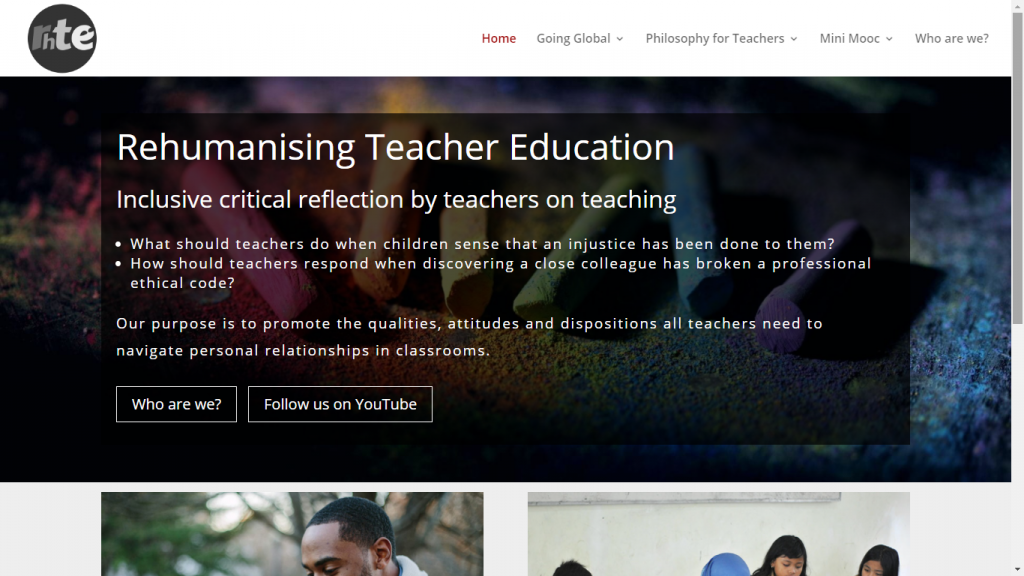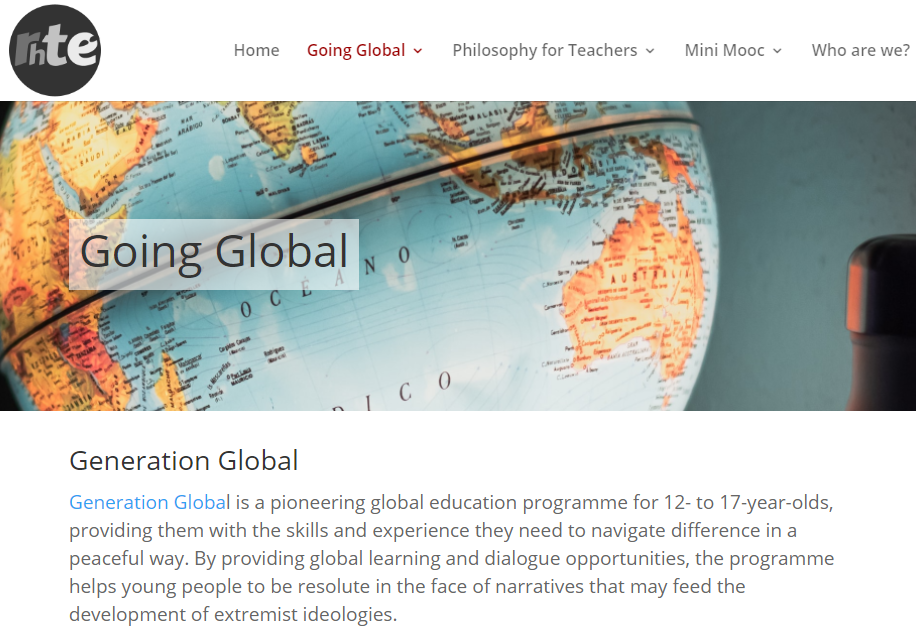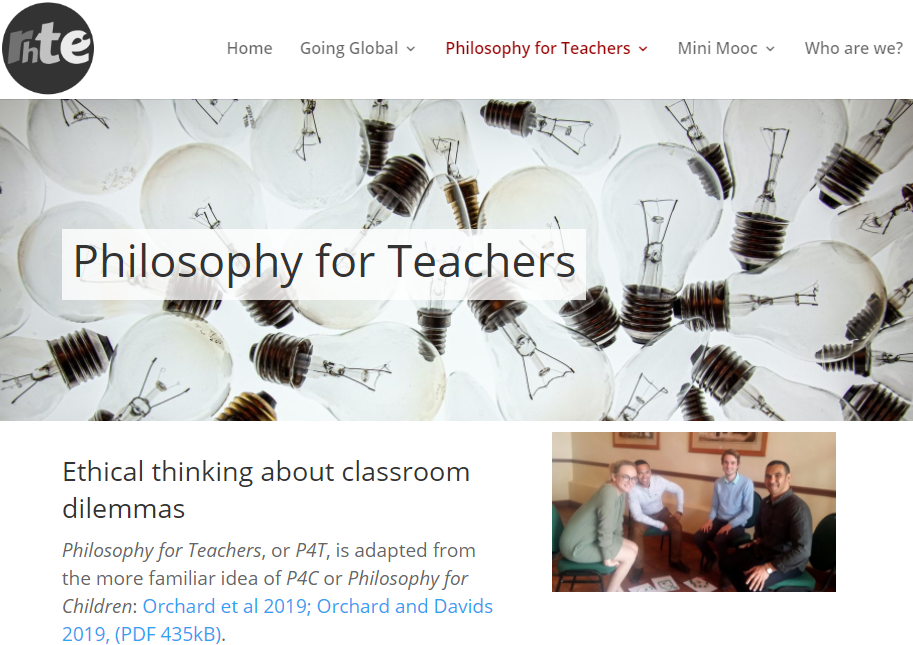 Blog post by Dr Janet Orchard, School of Education, and Nidia Aviles Nunez, School of Education
Blog post by Dr Janet Orchard, School of Education, and Nidia Aviles Nunez, School of Education
With a (contentious) market review of teacher education in England currently underway, we are reminded that in many parts of the world the place of critical reflection by teachers is increasingly called into question. Teacher ‘training’ is becoming increasingly pre-occupied with content and academic attainment as the sole purpose of schooling, with schools increasingly positioned as competitors within educational systems focused solely on assessing their performance through targets and measurable outcomes. As a result, education systems are undermining attention to those fundamentally human concerns that characterise teaching and through which teachers educate their students.
The challenge this system presents for teacher education in universities is how teacher training programmes focus on promoting critical reflection as well as technical competence. These programmes prepare teachers for the technical, ethical, and professional aspects of the profession, which are underpinned by different and sometimes contested educational beliefs and values. Take, for example, the challenges which arise when values of trust, nurturing, collegiality, and professional responsibility are replaced with the language of accountability, auditing, and monitoring. These subtle shifts to how teachers and the profession are understood, undermine accounts of teaching that are humane, creative, and diverse, in favour of pre-defined quantifiable measures of success.
In this context, the Re-Humanising Teacher education (RHTE) project website seeks to highlight these relational concerns and offer a space for reflection and discussion. More importantly, RHTE seeks to expand horizons and open up new possibilities by creating spaces for reflexivity, collaboration and critical questioning through experiential learning in teacher education and ongoing learning.

The website is divided into three sections, Going Global, Mini Mooc and Philosophy for Teachers (P4T). Each section of the website showcases different approaches to teacher education and reflection for and within teacher education.
For example, the Going Global section seeks to promote dialogue between early career teachers allowing them to encounter cultural complexity, diversity and uncertainty in a supportive, encouraging space.

By contrast, the Philosophy for Teachers section encourages pre- and in-service teachers to reflect and think ethically using the tools of philosophy to seek solutions about the dilemmas they might face in the classroom.

Both these sections are intended for a wide general audience, any person who is interested in reflecting on and about teachers, teacher education and the teaching profession.
Finally, the Mini Mooc section offers a collection of teaching resources that we have accumulated on the topic of ethics and teaching. The ‘Mini Mooc’ is a term we have chosen to describe these resources that are intentionally more philosophical and conventionally academic than the other sections of the Re-Humanising Teacher Education website. These resources could be useful for students, teachers, researchers and educators working on structured units on the topic of ethics and teaching, but they are also potentially valuable to a wider audience interested in these topics.
In summary, the RHTE website looks to find ways that enable and empower teachers to be and become their best humane selves in a world dominated by performativity and narrowly positivistic views in education. RHTE looks to address the all-too-common disregard for the ‘human’ side of the profession, which is currently neglected in favour of its measurable and technical aspects. And importantly, it also looks to affirm the civic value of teachers and teaching, together with teachers’ contributions to countries’ social and economic development.
Website launch
The website will be launched on Wednesday 6th October 1-2pm at an event that will be a part of the Bristol Conversations in Education research seminar series. This event will be online, free and open to the public.
